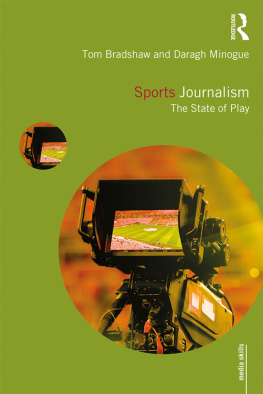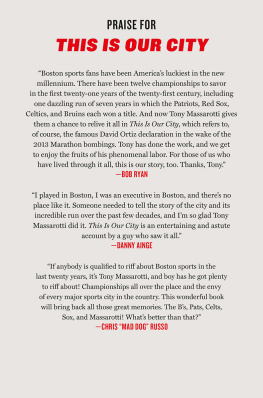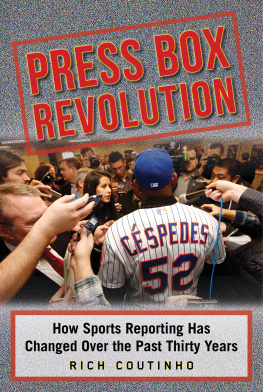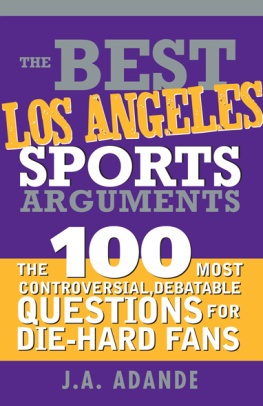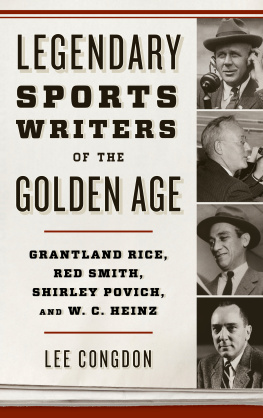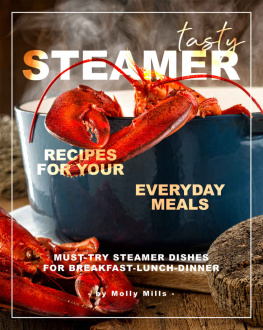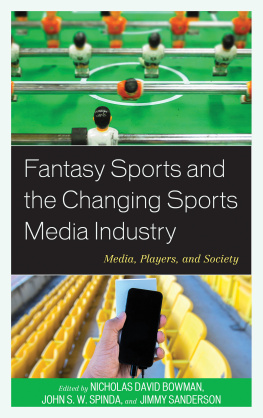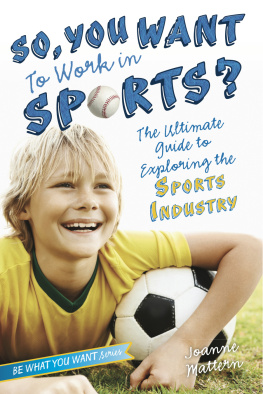
Copyright 2016 by Andy Furillo
The Steam Room excerpts and columns Hearst Communications, Inc.
All rights reserved.
This book may not be reproduced in whole or in part or in any form or format without the written permission of the publisher.

| Published by: Santa Monica Press LLC P.O. Box 850 Solana Beach, CA 92075 |
1-800-784-9553
www.santamonicapress.com
Santa Monica Press books are available at special quantity discounts when purchased in bulk by corporations, organizations, or groups. Please call our Special Sales department at 1-800-784-9553.
This book is intended to provide general information. The publisher, author, distributor, and copyright owner are not engaged in rendering professional advice or services. The publisher, author, distributor, and copyright owner are not liable or responsible to any person or group with respect to any loss, illness, or injury caused or alleged to be caused by the information found in this book.
ISBN-13 978-1-5958-0807-3
Library of Congress Cataloging-in-Publication Data
Names: Furillo, Andy, author.
Title: The steamer: Bud Furillo and the golden age of L.A. sports / by Andy Furillo.
Description: Solana Beach, CA: Santa Monica Press, [2016] | Includes bibliographical references and index.
Identifiers: LCCN 2015041923
Subjects: LCSH: Furillo, Bud, 1925-2006. | SportswritersUnited StatesBiography. | Radio broadcastersUnited StatesBiography. | SportsCaliforniaLos AngelesHistory20th century.
Classification: LCC GV742.42 .F87 A3 2016 | DDC 070.449796092dc23
LC record available at http://lccn.loc.gov/2015041923
Cover and interior design and production by Future Studio
All photos courtesy of the Bud Furillo collection
Table of Contents
Guide
CONTENTS
by Tommy Lasorda
Excerpts from Bud Furillos Steam Room columns appear throughout the text
To Gail, Jill, Frank, Michael, and Jackie
T his book would never have been written unless somebody told me to quit thinking about it and just do it. Thank you, Roger A. Dreyer.
Gary K. Hart offered regular advice and encouragement. So did Bill Enfield. Doug Disney and Betty OMeara let me know I was on the right track.
Im deeply grateful to my dads colleagues who helped me understand his importance to L.A. sports. Melvin Durslag gave me insight and knowledge, as did Steve Bisheff, Jack Disney (R.I.P.), Doug Krikorian, Mitch Chortkoff, Jim Perry, Bob Keisser, Ari Noonan, Larry Stewart, and John Beyrooty. Also: Steve Harvey and John Hall, who broke their maidens at the Herald.
Dan Morain is the best political columnist, editorial page editor, and neighbor anybody could have on one street. Thanks to him and his wife, Claudia. I also received terrific encouragement from my friends in the newspaper business, especially Steve Magagnini. Thanks to Sacramento Bee publisher Cheryl Dell, executive editor Joyce Terhaar, managing editor Scott Lebar, and everybody else at the paper for their support and encouragement.
Chip MacGregor of the MacGregor Literary Agency rolled the dice on me. So did Jeffrey Goldman, publisher at Santa Monica Press. Thanks also to Kate Murray at Santa Monica Press, a terrific editor.
Thanks to William Randolph Hearst III, Eve Burton, and Shira Saiger at Hearst Communications for the usage of my dads columns and excerpts, and to Sports-Reference.com for the treasure trove of material it presents to sports researchers.
I enjoyed the smiles and encouragement from supervisor Kathleen Correia and her crew in the California History section at the California State Library.
My aunt, Roberta Ruffalo Johnson Wetherbee, straightened me out on the oral history. Cousin Rich Furillo, too. My great-aunt, Betty Moogie Cicchillo (R.I.P.), walked me through the hot spots of 1930s Youngstown.
Thanks to Dale Spalding and all the lifelong friends from Gainford Street.
What a spectacular lineup of brothers and sistersGail Furillo, Jill Furillo-Gargano (and brother-in-law Tomas Gargano), Frank Furillo, Michael Furillo, and Jackie Furillo, and all the nieces and nephews.
Special thanks to John and Pat Anderluh and everyone else in the Anderluh and Henning families.
My wife, Deborah Anderluh, a great editor, helped shape this story from the beginning. My son, Andy, is my hero.
My mom, Aline, lives forever in the hearts of all her children.
My dad, Bud Furillo, showed me the blueprint of lifehe worked hard, and nobody had more fun.
Andy Furillo
by TOMMY LASORDA
B ud Furillo was the kind of guy you could trust immediately. He never let you down, and he built up a reputation for that.
When I first met him, his father lived in my hometown, Norristown, Pennsylvania. His dad found out I was going out to spring training with the St. Louis Browns in San Bernardino. This is 1953. So he called Bud up and told Bud to go and say hello to me and to take care of me. So he walked into our clubhouse one day and wanted to know where Tom Lasorda was, and I said, Over here. He came over, and that was the beginning of a very long and wonderful friendship.
He always took care of me, just like his father asked him to do. When I became a scout for the Dodgers, he got me a ticket to the first Super Bowl and all the other games. Id come out and see him in the off-season a lot. He took me out to dinner, everywhere.
This was during the great expansion of sports in Los Angeles, and Bud Furillo was right in the middle of it. You couldnt wait to read the Herald Examiner to see what the Steamer was saying. He covered every sport and brought out things nobody else could ever do. And he put together as great a group of writers as youd ever want to see. Youll never see it like that again.
Bud Furillo was the heart of the media industry that was bringing sports to the people of this great city. You could actually say that I loved Bud Furillo very much. I loved him, and I respected him a great deal, and he was always there for me. He wanted to see me manage the Dodgers. He was always behind me, pushing me, and making people aware of me.
In this book, the Steamers son, Andy Furillo, makes you aware of Bud and his timesthe best in sports that Los Angeles has ever seen.
T he last time I saw my dad alive was at the House of Blues on Sunset Boulevard, in Los Angeles.
It was a bright and brilliant January day, and we were there for the Gospel Brunch. My pop wore baggy blue jeans, sneakers, and a loose-fitting T-shirt. Like most everybody in the house, he was dancing in the aisles, fueled by an unbroken pour of mimosas.
A pulsating soul groove electrified the word of the Lord. There were a lot of us theresisters and brothers and grandchildren and aunts and cousins and nieces and nephews and friends upon friends.
When the show was over, we didnt have much time to talk. Everybody had to go back to somewhere, me to where I lived and worked in the Sacramento area and my pop to Ojai. We hugged goodbye. He kissed me on the cheek and told me he loved me, and I told him I loved him back. Then my sister drove him home to his one-room apartment, where over the past year hed been pounding the computer, working on a new project.


